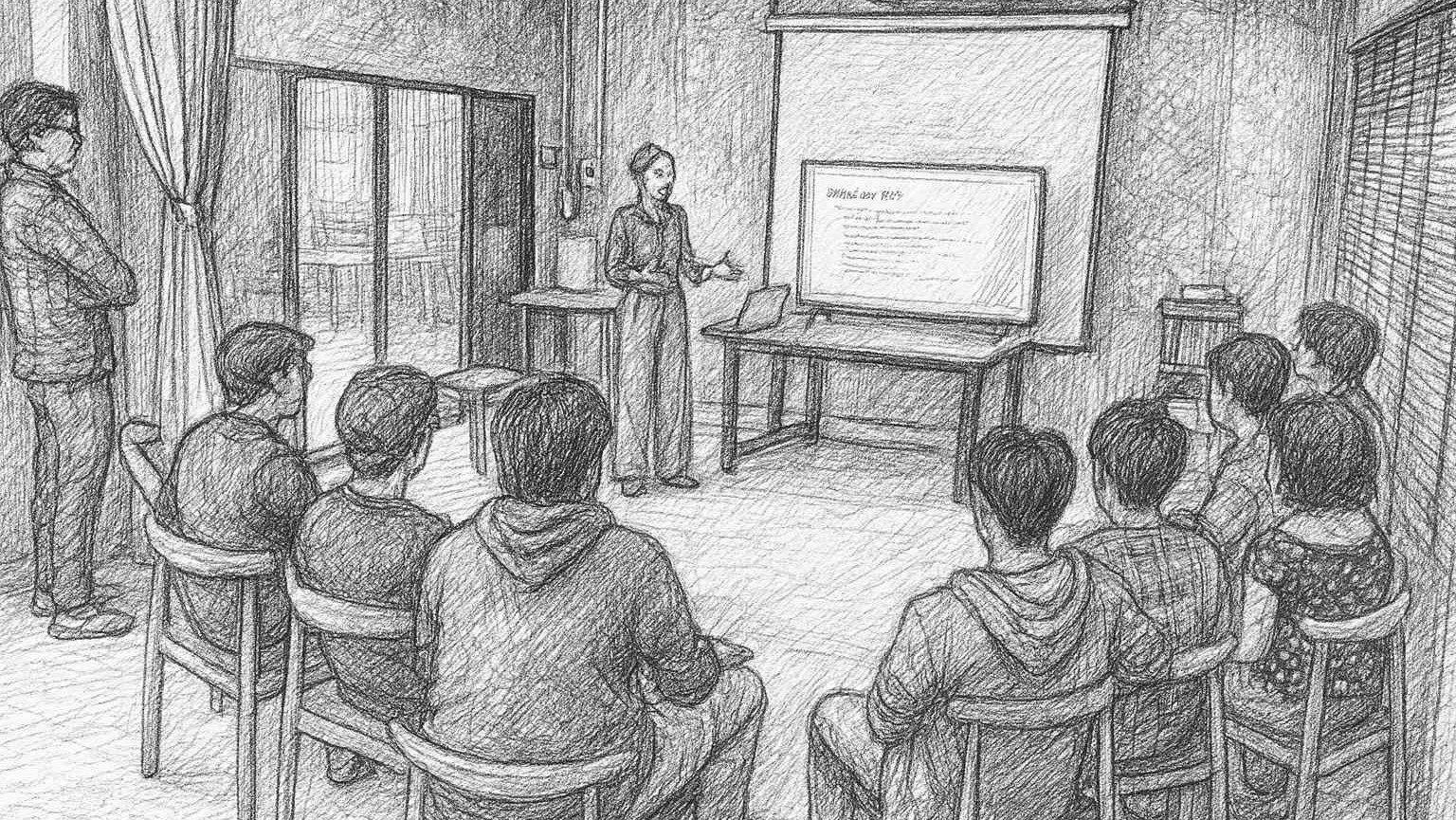Research: Excessive Social Media Use and Its Impact on Mental Health in Myanmar
June 2025
Abstract
This study explores the impact of social media use, especially political news, crisis-related content, and violent content, on the public’s mental health in Myanmar during the ongoing conflict. To understand people’s social media habits, emotional responses, and mental health effects, participants, including key informants and general social media users from non-conflicted areas (Yangon and Mandalay) and outside Myanmar, were interviewed. The findings prove a significant relationship between chronic stress and depression due to exposure to crisis-related content on social media platforms mainly Messenger, Facebook, and Telegram.
A major finding is that social media has become both a common source of information and psychological stress. Many participants showed feelings of guilt, especially when exposed to violent images, uncensored and graphic posts related to family loss, mass killings, and other human rights abuse content. The constant news viewed on their social media accounts has increased existing stress, guilt, and feelings of helplessness. For some, social media use is considered unstoppable for the reasons of staying informed and maintaining connections with families/friends, and it leads to stress and depression. For others, it is just entertainment and controllable, they can take a break if they realize the content on newsfeeds has become toxic.
The study also highlights a direct connection between excessive social media consumption and worsened existing mental health. Results show that participants experience chronic stress and depressive symptoms, and increased feelings of guilt when they feel powerless to act on the current crisis while social media platforms like Facebook and Telegram remain unable or unwilling to limit the spread of violent content. In particular, messaging applications such as Telegram obviously have minimal regulations and this exacerbates the situation by amplifying crisis-related content.
This research underscores the urgent need for social media companies, regulatory bodies, mental health communities, and policymakers to take decisive action to mitigate the harmful effects of violent news consumption, particularly in conflict zones like Myanmar.
Keywords: social media, conflict, media, news, politics, mental health, stress, Myanmar
Funded and Collaborated by: IDRC K4DM

